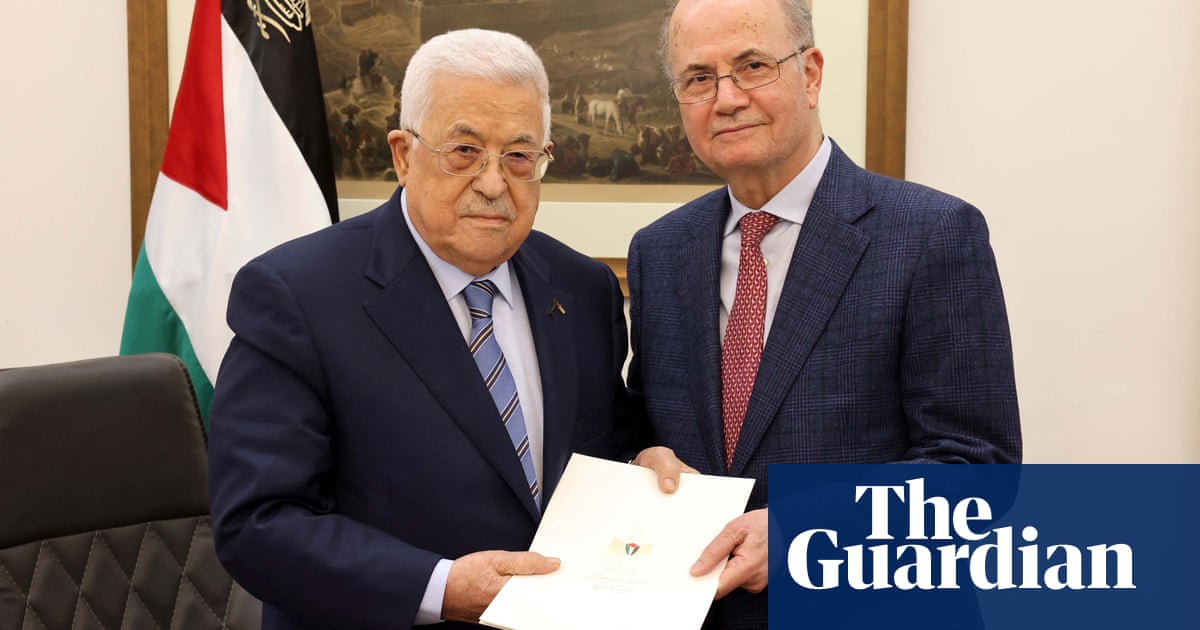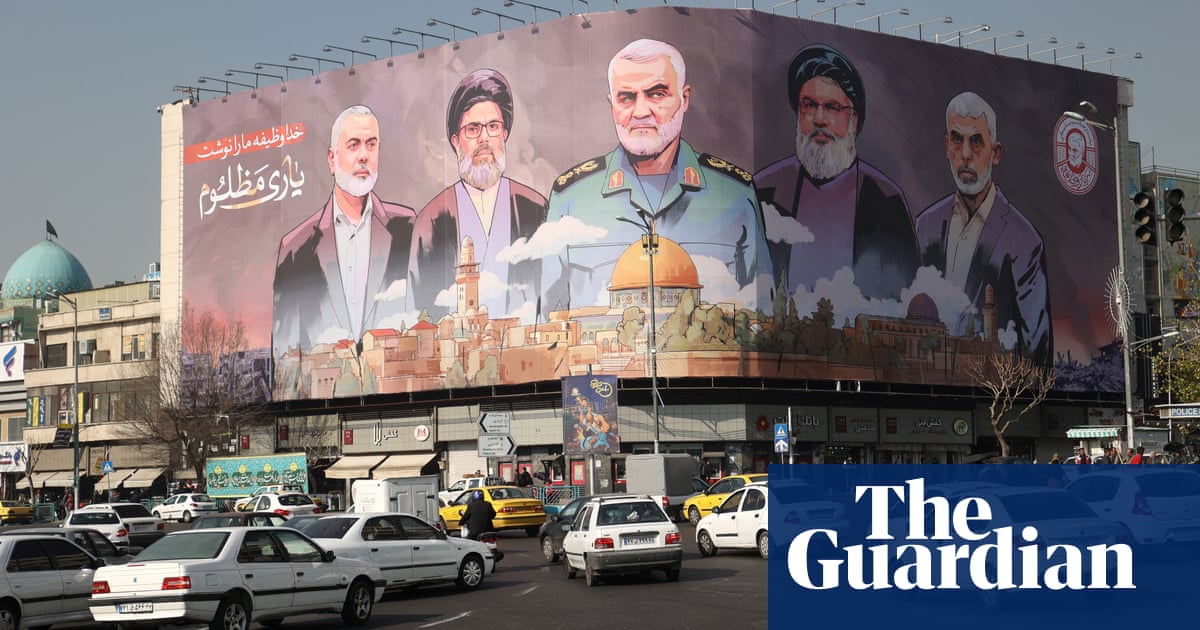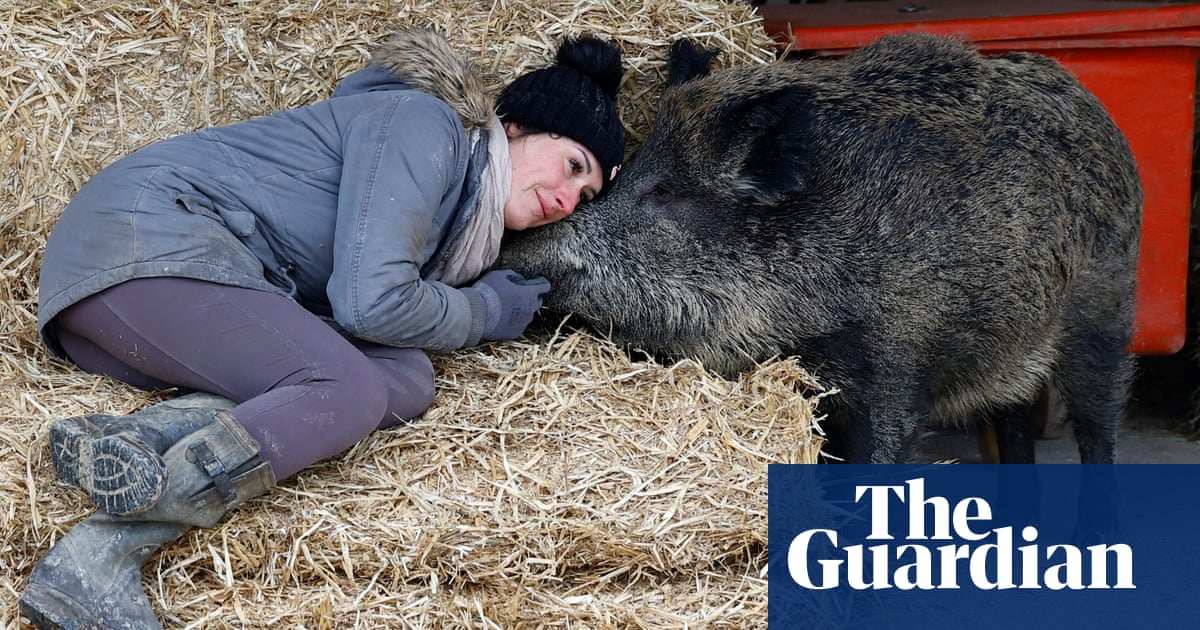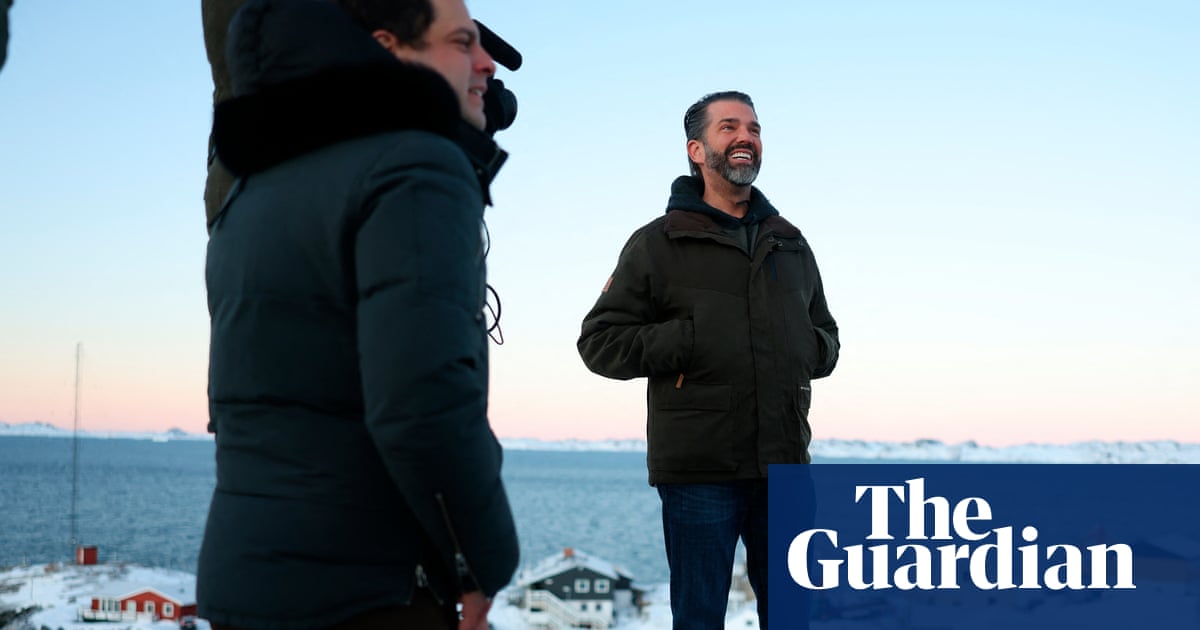Israel’s plan to close the UN Palestinian relief agency, Unrwa, within three months is impossible and unrealistic without causing further untold suffering to the Palestinian people, its director of operations in Gaza has warned.
Just returned from Gaza, where he said he had seen levels of suffering unprecedented since the war started, Sam Rose warned that Unrwa could collapse, with severe implications for schools and hospitals not just in Gaza but in the West Bank if Israel went ahead with its plan.
He was speaking the day after the US government stepped back from taking any action against Israel for failing to meet most of its demands to improve the supply of humanitarian aid to Gaza. The Biden administration said the humanitarian aid operation into Gaza was “not pristine” but Israel was taking steps to meet the US demands, set out in a letter, including opening new crossings.
One of the requirements was for Israel to recognise that Unrwa remained the only viable means of providing services to Gaza. But since that letter was sent, the Israeli parliament in October passed two new laws requiring the Israeli government to end cooperation and contact with Unrwa. The plan is due to be imposed within three months.
Unrwa operates in Gaza, the West Bank and in surrounding countries such as Jordan and Lebanon, where large numbers of Palestinian refugees live. It provides schools, hospitals and waste disposal services, as well as being the central organisation for the distribution of aid.
Elise Stefanik, Donald Trump’s choice as his administration’s ambassador to the UN, has described Unrwa as a “terrorist front” and “Hamas infiltrated”, suggesting US funding for Unrwa, currently suspended until next year, will soon be ended permanently. More importantly, the future Trump administration is not expected to urge Israel to pull back from ending cooperation with Unrwa.
Rose said he feared the full implications of Unrwa’s potential collapse had not been understood, warning the closure of such a large UN agency without any plan was unrealistic and impossible.
Rose said that, under a previous order by the international court of justice (ICJ): “Israel has got to do everything it can to facilitate aid reaching the people, so if they are banning Unrwa they are banning not just the single largest actor on aid but on services. This is not just about averting famine; it is about health services, schools, sanitation and creating the conditions in which children become much more vulnerable to disease. The people of Gaza have already endured so much suffering.
“We have some 15,000 children back in education – it’s a drop in the ocean but our schools are being used as more than 100 shelters with management teams of about 20 people. If those shelters collapse, that is the end of the organising principle behind the assistance we provide.
“We are the only functioning part of the primary health system, representing two-thirds of the health provided including through mobile teams. If you take away the only functioning health system in Gaza with children already suffering from degraded health services, weakened immune systems and massively stressed, living in absolute squalor, the risk is that Gaza becomes a disease factory like a Victorian slum 150 years ago.
“In those circumstances, to close Unrwa, including 9,000 teachers, is senseless. In the West Bank, we educate 50,000 people. Let us face it, they are going to have to hire exactly the same people.
“We are not perfect, of course. We’re not, given the environment in which we’re working and the tools that we have at our disposal, but the independent review of Unrwa [conducted by the former French foreign minister Catherine Colonna] found Unrwa had the most robust system for neutrality of any comparable aid organisation.
“There is a question whether Unrwa simply collapses if the plug is pulled on it by Israel and 13,000 staff have to be made redundant.”
He said that redundancies on that scale would require pension and severance payments running into hundreds of millions of dollars that had not been addressed.
“Unrwa has 75 years of experience of providing services in emergencies, but also in recovery phases. So as well as this being legally reprehensible, it’s in the best interest of the Palestinian population that Unrwa be allowed to continue when this ends.”
Rose said: “The testimonies we are receiving from staff in the north of Gaza are simply horrific,” adding he understood if people felt the plan was to drive Palestinians from Gaza.
“It feels as if Israel has recognised that it can recreate the deterrent and they have reimposed the fear in the people, in the sense they have the power and know they are unaccountable.
“There have been all sorts of ICJ rulings and UN resolutions already, going back 30 years. So it’s hard to see any of this changing in the absence of pressure from the US.”
Yet he admitted: “It’s very likely that the US will continue the policy under the previous Trump administration in relation to support for Israel and opposition to Unrwa, but I guess we have just got to be ready to be shocked by anything that happens.”
Speaking at the UN security council on Tuesday, Israel’s ambassador, Danny Danon, said there was no imminent famine in Gaza and a UN agency report on Gaza’s food security, known as an IPC report, did not contain correct analysis. “The obsession with vilifying Israel is detached from reality,” Danon said.
Israel continued to facilitate the delivery of aid and had established multiple access points, with dozens of trucks entering Gaza daily, Danon added. Aid routes remained operational, including the Ashdod port, and a new crossing had also just opened.
The US ambassador to the UN, Linda Thomas-Greenfield, told the security council that there should be no “forcible displacement” of people nor a “policy of starvation”, which would have grave implications under international law.

.png) 2 months ago
13
2 months ago
13













































